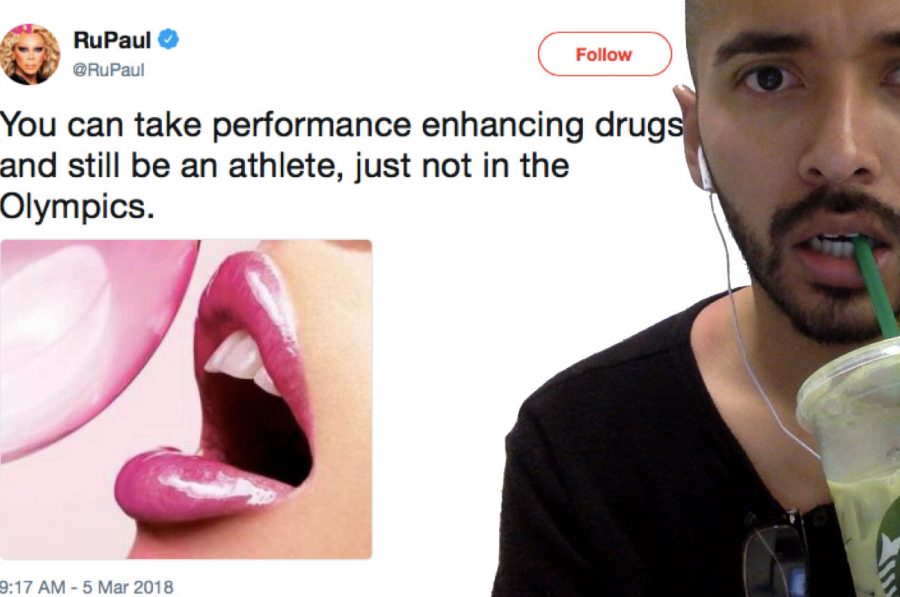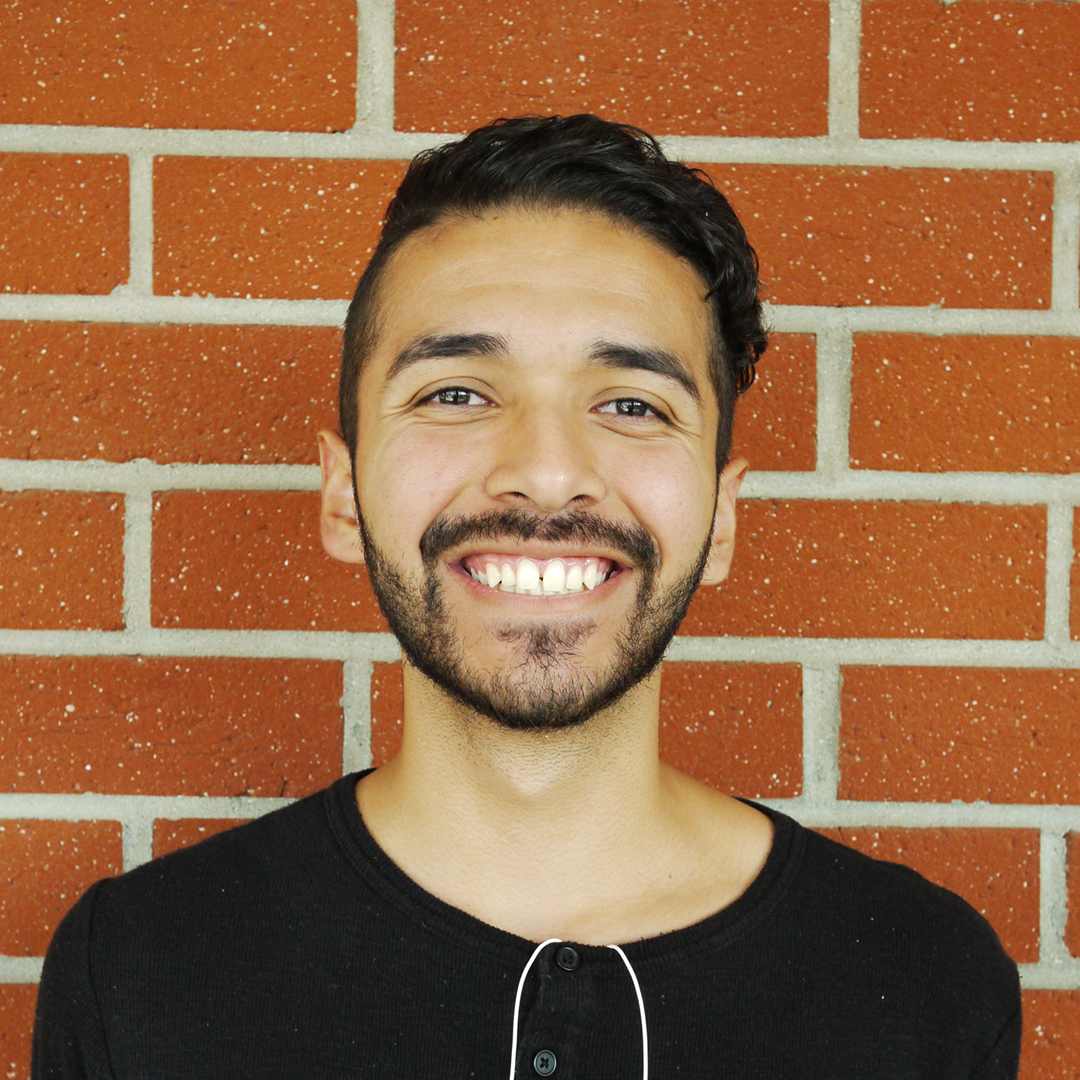I was 14 when I first learned who Rupaul Andre Charles was. Like many of his fans I was drawn to his charismatic energy.
I was drawn to his middle-finger attitude towards society’s heavy and conservative implications of the masculine male culture. I was drawn to how he stressed the importance of both inner and external love among all communities.
To this day his quote, “If you can’t love yourself, how in the hell are you gonna love somebody else?” transcends as a beacon to my overall journey as a young gay male in this archaic world.
Overall, I was drawn to his words. I would never have thought that his words would cause harm of any kind or that he would do wrong to the queer community, which has emphasized the importance of acceptance for all, until now.
While in an interview with the U.S news publication The Guardian, Rupaul was asked numerous questions with regards to the success of his Emmy winning show, Rupaul’s Drag Race, and the overall premise of drag culture and its place within the community.
However, when the topic of gender and drag paved its way into the interview, things got interesting.
Rupaul essentially gave his position regarding transgender drag queens being able to compete on Drag Grace (Using the first openly Trans Contestant on Drag Race as an example), “Mmmm. It’s an interesting area. Peppermint didn’t get breast implants until after she left our show; she was identifying as a woman, but she hadn’t really transitioned.”
As the question transitioned, he was then asked if he would essentially accept a trans contestant to compete that was or had transitioned, on the show.
Hesitantly, he explained his position, “Probably not. You can identify as a woman and say you’re transitioning, but it changes once you start changing your body. It takes on a different thing; it changes the whole concept of what we’re doing. We’ve had some girls who’ve had some injections in the face and maybe a little bit in the butt here and there, but they haven’t transitioned.”
What stirred me the most was after the question was answered there wasn’t any backtracking, the interviewer had moved on to the next question and his statements were left without clarification. I couldn’t accept nor could I believe the statements that were said once the article was published.
I had idolized this man for introducing me to the realm and artistry of drag. During my teens, Rupaul helped me come to terms with my sexuality.
I learned from him the importance of embracing all aspects of yourself and turning it into magic. He became the artist on Spotify I listened to the most from 2013 to 2016.
I was in denial, and I needed to know that my hero and savior wasn’t excluding and discriminating a community (who revolutionized the queer movement) from a fucking competition. I needed clarification and I received it, but it wasn’t what I wanted to hear.
After receiving some backlash from his comments, Rupaul took to Twitter and gave an analogy in the simplest of terms to further justify his comments.
https://twitter.com/RuPaul/status/970709820364881920
There was no point in me denying any further. He said what he said, and many were enraged and ultimately hurt, like myself.
I have a great and strong admiration for my trans brothers and sisters, and I cannot speak for them or come close to the amount of hurt they felt towards his words.
However, I can speak for myself, and overall I thought his words were both distasteful and out of character from the person who I thought I knew growing up. With the strong reactions from fans and even past contestants of RDR such as Monica Beverly Hillz, Gia Gunn, Sasha Velour and Peppermint.
https://twitter.com/MonicaBHillz/status/972266801609527296
https://twitter.com/Peppermint247/status/970318037562863617?ref_src=twsrc%5Etfw
Rupaul then released an apology.
As Drag Race approached its 10th season I cannot stress enough how his comments might affect the overall premise and message of the show.
According to Rupaul, Ru girls are chosen to compete and are solely judged based on having charisma, uniqueness, nerve, and talent. I do not see where gender identity fits into any of the following four characteristics. My understanding of drag is that it’s an outlet and form of expression for all.
Like any community, the queer community is about inclusivity. Drag is about inclusivity. I believe in inclusivity. I fear that once we start policing or restraining our own, then we are no better than the bigots who run our corrupted country.
However, with ten years of Drag Race and with over 100 queens who made their mark on this influential and remarkable show, (many of whom identified as trans either during or after the cameras stopped rolling) one person’s words should not dictate its legacy.
We, the fans, and the queens must move past those comments. Not forgive and forget but to forgive and find freedom. We are the next generation, the innovators, the alchemists, the mentors, the fans and we are the fucking queens who keep this amazing show running.
Most of my favorite memories somehow correlate with my love of the show. It was the show that I would watch with my mom every night before bed. It was the show that my sister and I would reference any Alyssa Edwards or Adore Delano quote just to make us laugh whenever one of us was sad.
It was also the show that toured and I was able to attend my first drag show, that was also the night were I met my first boyfriend. It was also the show that I would watch every night after coming home from a shitty day at school and realize that if there is a place for all of these beautiful queens to fit in, then there is sure as hell a place for me too.
“We’re all born naked and the rest is drag,” Rupaul says. If that’s true then why does someone’s journey and transition to womanhood matter?



